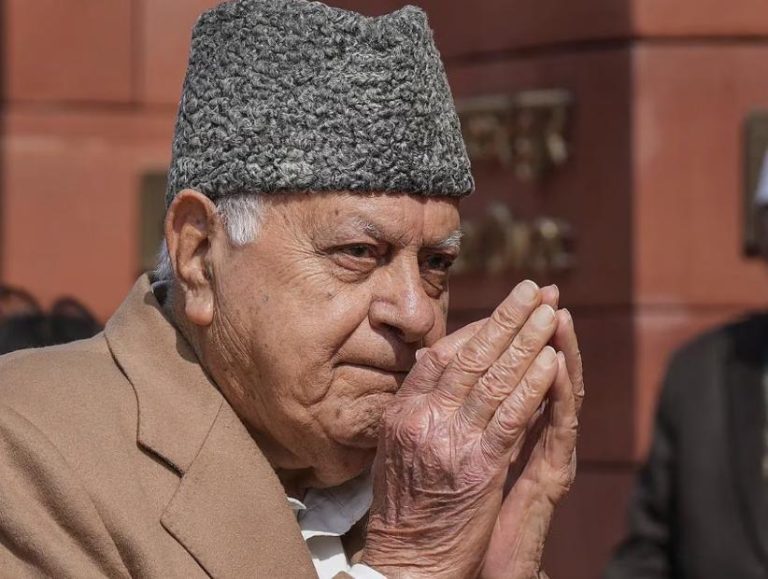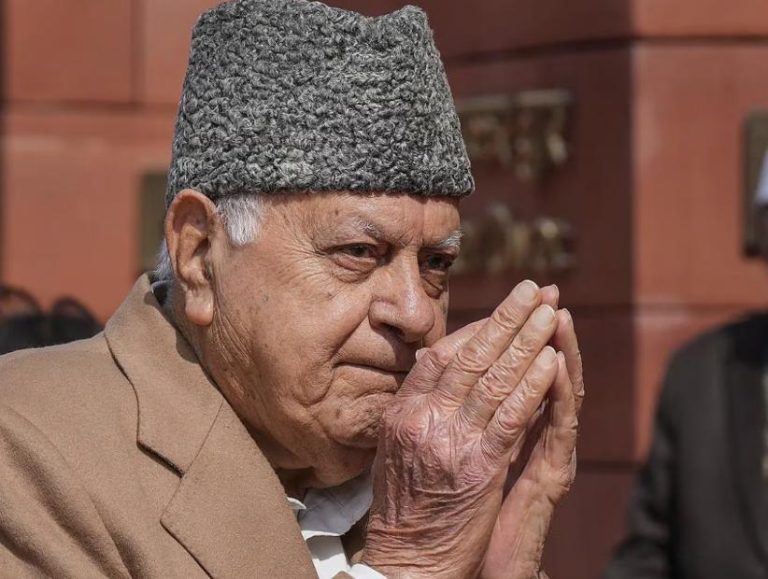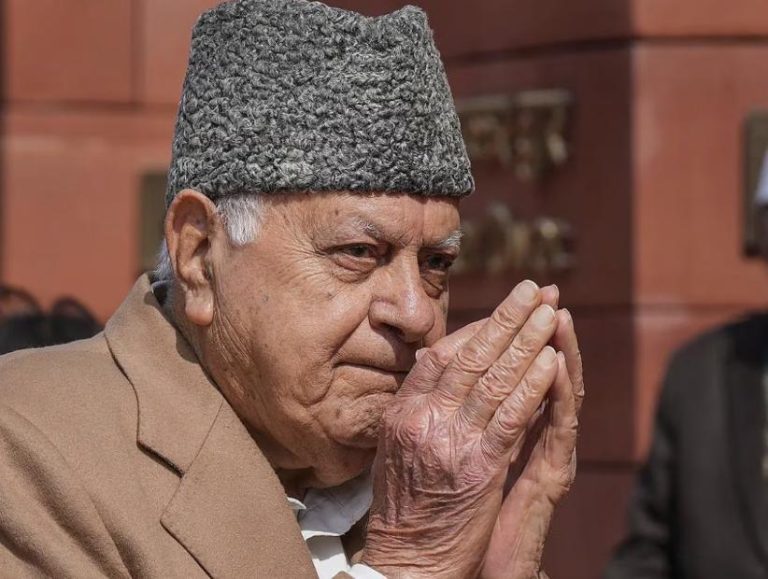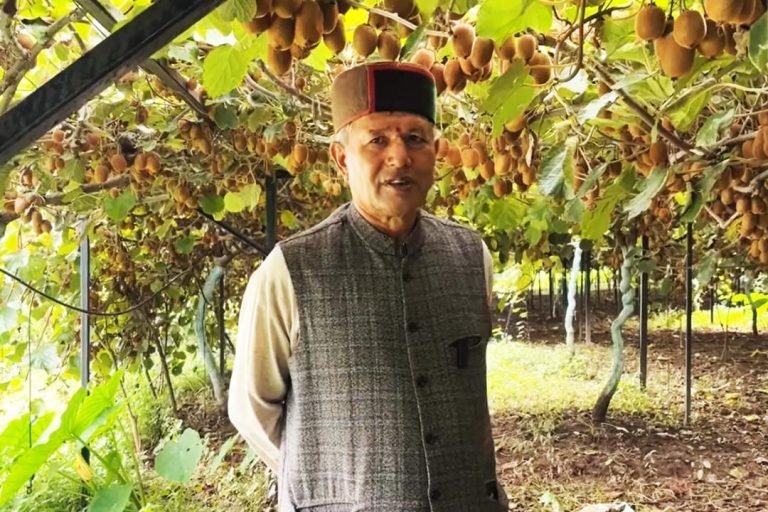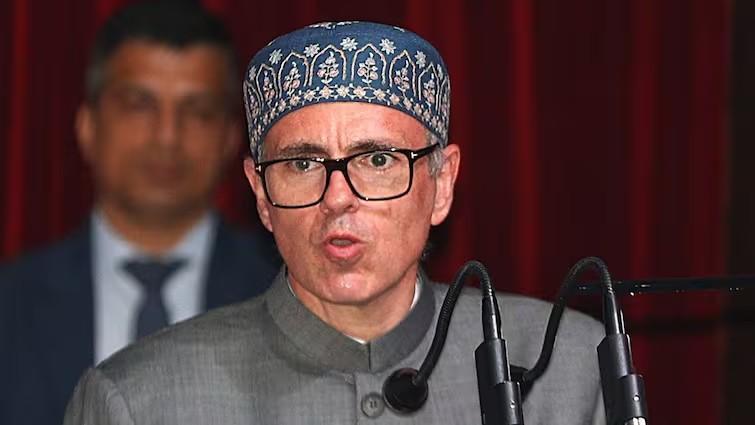
Normalcy in J&K post Art 370 abrogation is forced, not organic: CM
The abrogation of Article 370 in August 2019 marked a significant turning point in the history of Jammu and Kashmir. The move, which stripped the erstwhile state of its special status, was intended to bring about peace and stability in the region. However, the ground reality tells a different story. According to Jammu and Kashmir Chief Minister Omar Abdullah, the normalcy that has been achieved in the region is “forced” rather than “organic”.
In a recent statement, Abdullah expressed his concerns over the situation in Jammu and Kashmir, stating that the normalcy that has been achieved is not a result of people’s willingness, but rather due to fear and intimidation. He emphasized that if the normalcy is indeed organic, then there is no problem, but if it is driven by fear, then there is a major issue.
Abdullah’s statement has sparked a debate over the nature of normalcy in Jammu and Kashmir post Article 370 abrogation. While the Centre claims that the move has brought about peace and stability in the region, many critics argue that the situation is far from normal.
The move to abrogate Article 370 was seen as a major step towards integrating Jammu and Kashmir with the rest of the country. The Centre argued that the special status granted to the state was a hindrance to development and progress, and that the move would bring about economic growth and integration with the rest of the country.
However, the reality on the ground tells a different story. The abrogation of Article 370 has led to a massive crackdown on dissent and opposition to the move. Thousands of people have been arrested, and many more have been forced to flee the region. The situation has been further exacerbated by the imposition of strict restrictions on the movement of people, including a complete communication blackout.
The forced normalcy in Jammu and Kashmir is evident in various ways. The region’s residents are living in fear of the authorities, and many are too afraid to speak out against the government’s policies. The once-thriving economy has been severely impacted, with many businesses forced to shut down due to the lack of customers.
The situation has also had a significant impact on the education sector. Schools and colleges have been closed for months, and many students have been forced to drop out due to lack of access to educational resources. The healthcare sector has also been severely impacted, with many hospitals and medical facilities struggling to provide basic services.
The Centre’s claim that the abrogation of Article 370 has brought about peace and stability in the region is also disputed by many. The region has seen a significant increase in violence and unrest in the months following the move. The Kashmir Valley has been the epicenter of the unrest, with many protests and demonstrations taking place against the Centre’s policies.
The situation in Jammu and Kashmir is a stark reminder of the importance of democratic norms and values. The Centre’s move to abrogate Article 370 was a major blow to democratic institutions and values, and has led to a significant erosion of trust between the government and the people.
In conclusion, Omar Abdullah’s statement highlights the forced nature of normalcy in Jammu and Kashmir post Article 370 abrogation. The situation in the region is far from normal, and the Centre’s claims of peace and stability are disputed by many. The situation is a stark reminder of the importance of democratic norms and values, and the need for a more inclusive and participatory approach to governance.
